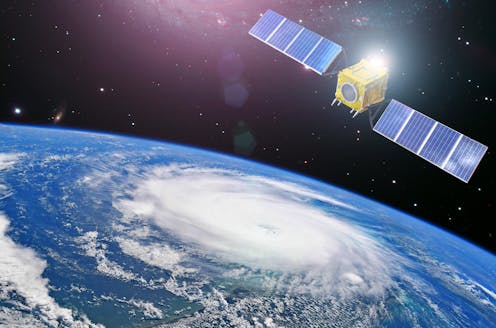How machine learning is helping us fine-tune climate models to reach unprecedented detail
- Written by Navid Constantinou, ARC DECRA Research Fellow, Australian National University
 Shutterstock
ShutterstockFrom movie suggestions to self-driving vehicles, machine learning has revolutionised modern life. Experts are now using it to help solve one of humanity’s biggest problems: climate change.
With machine learning, we can use our abundance of historical climate data and observations to improve predictions of Earth’s future...
Read more: How machine learning is helping us fine-tune climate models to reach unprecedented detail

















